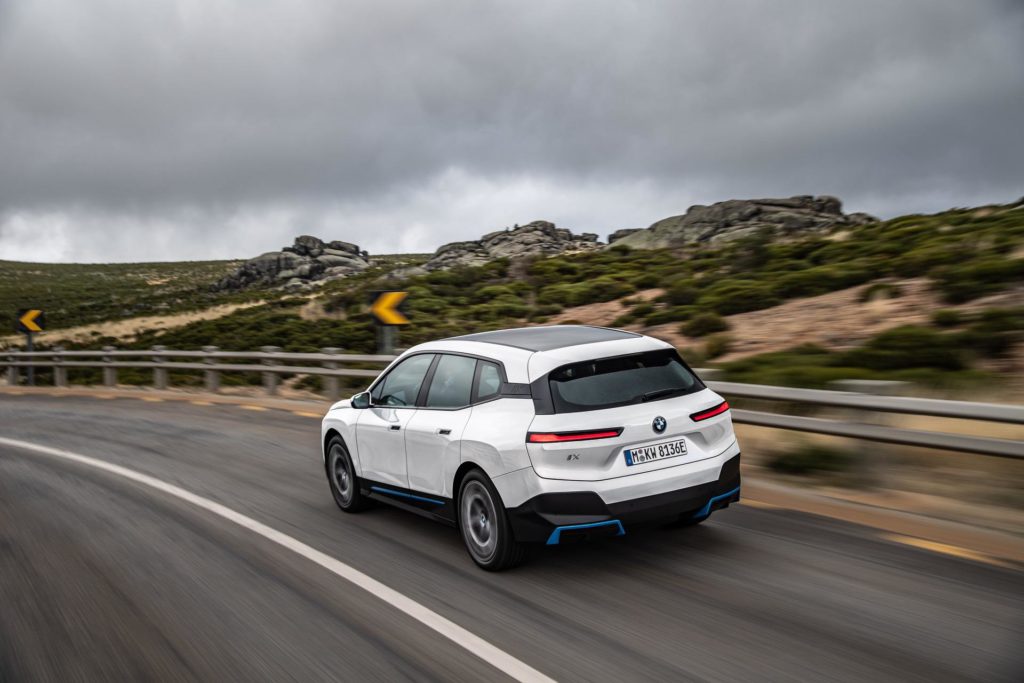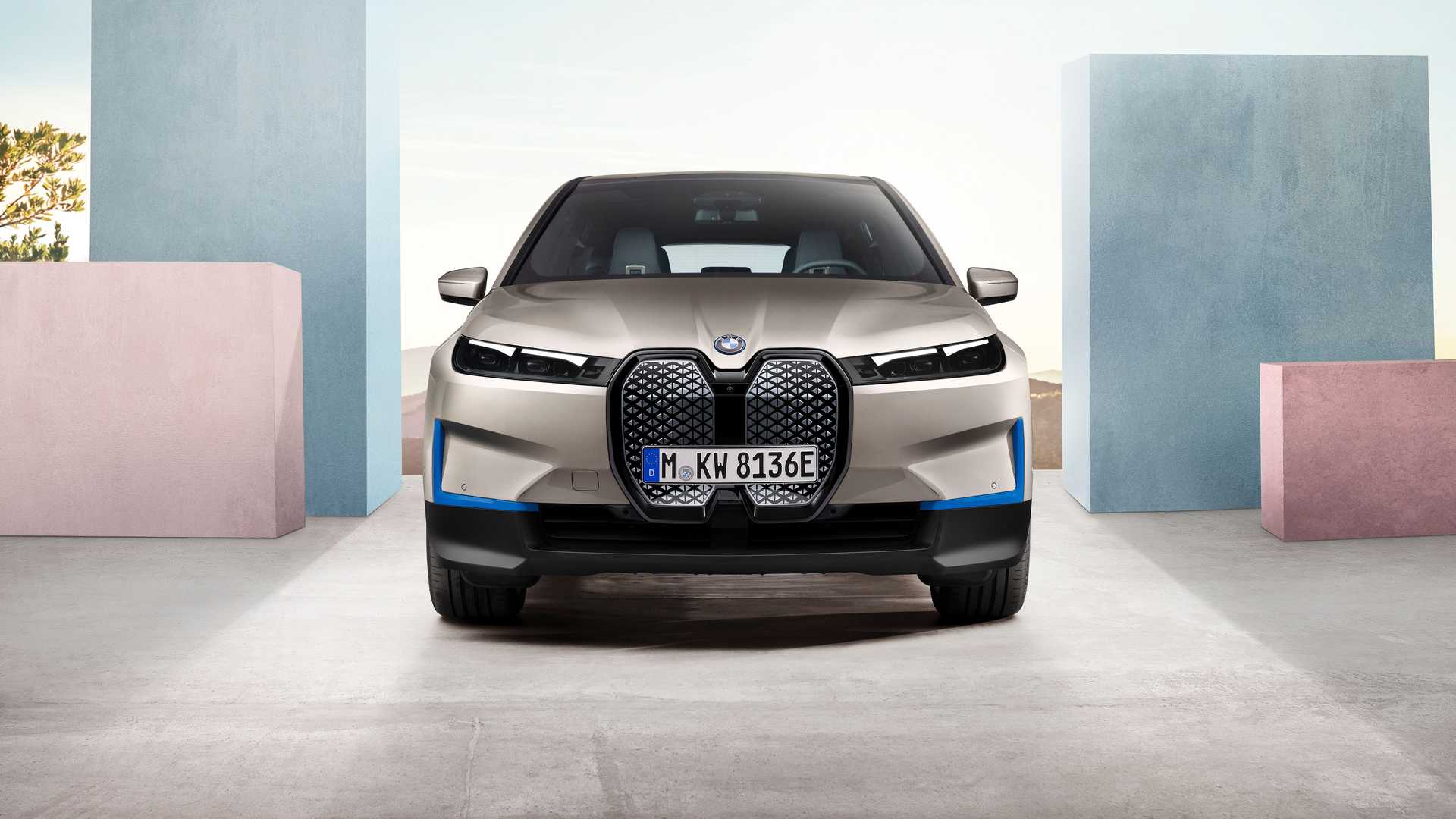The German group BMW believes that when the year 2030 arrives, the electric car will represent half of its sales worldwide. But with this data in hand, the company’s managers do not rule out slowing down the development of its internal combustion engines.
Despite the German automaker’s electrification plans and the decision to finally venture into the development of a dedicated platform solely for electric cars, the Teutons are clinging to the fossil fuel-powered engine.
During the annual conference held last week, the German manufacturer advanced its plans for the future. FCE has anticipated plans for MINI, which will become the group’s first 100% electric brand.
On the other hand, slowly, the first 100% electric versions of the BMW range arrive little by little, all of them based on adaptations of multi-energy platforms already existing in their factories.

While its 100% dedicated electric platform arrives in 2025, little by little, the i4 and iX will come with different versions that will make up their respective ranges.
On the one hand, i4 will be available with two rear-wheel-drive variants (i4 eDrive35 and i4 eDrive40) and another xDrive all-wheel drive (i4 M50). For its part, all iX will be xDrive (iX xDrive40, iX xDrive50 and iX M60).
It will not be until 2025 when the new dedicated platform arrives baptized as Neue Klasse (“New Class” in German), a term that the Bavarian firm already used in the past to designate a family of sedans and coupes manufactured from 1962 to 1977.
Despite all this, BMW persists in the internal combustion engine after ensuring that even in 2030, 85% of its cars will still have ICE engines.
For his part, last year, the CEO of BMW, Oliver Zipse, confirmed investments in fuel cell research within the R&D budget of the German brand of 32 billion dollars.
Currently, the only model planned with this type of technology is a derivative of the X5 SUV and in a low production volume.

